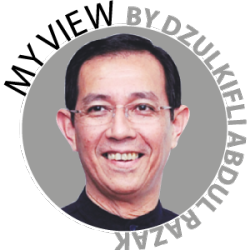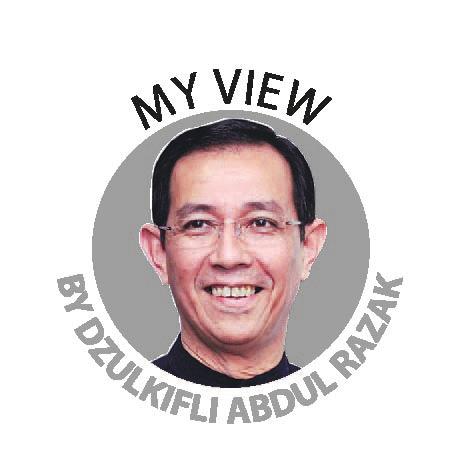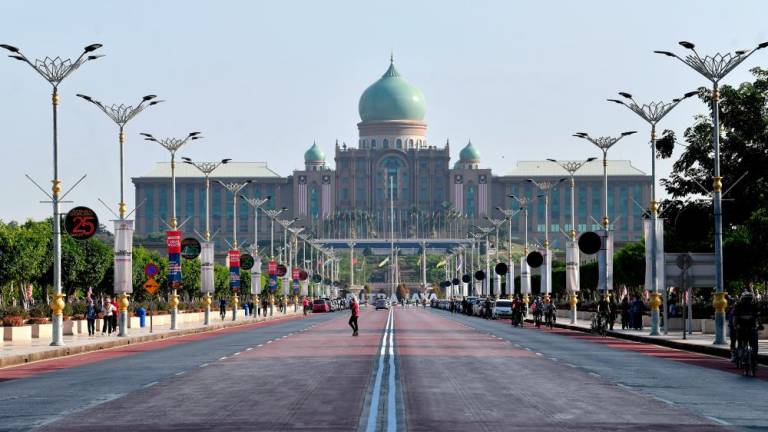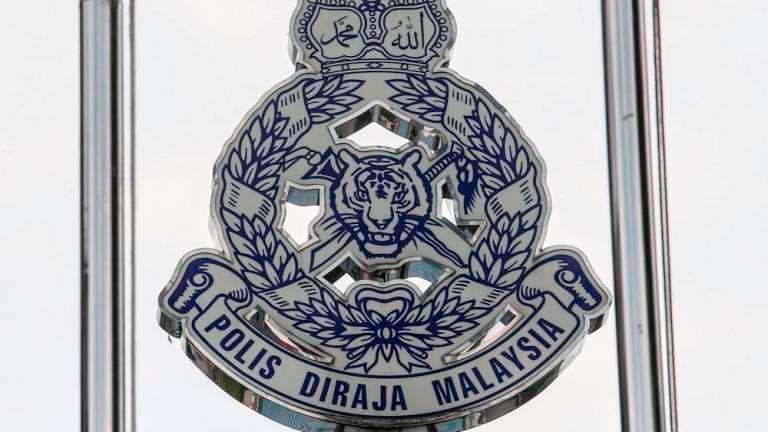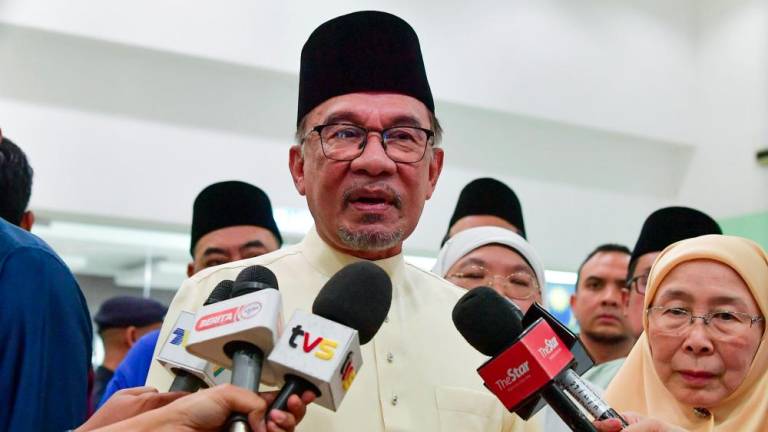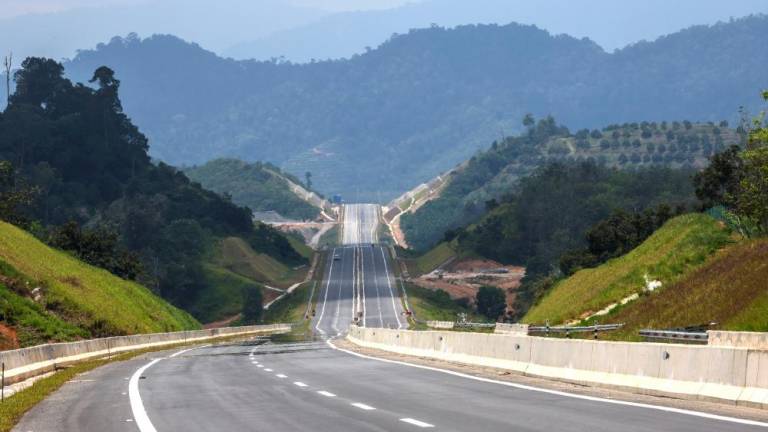IF there is a moment to remember on the anniversary of a “change” following the last general election, it would be the upward surge in the World Press Freedom Index. This is something that we could not imagine before.
The latest index compiled by Reporters Without Borders puts Malaysia at 123rd position out of 180 countries (a jump of 22 places from 145) and in top spot in Asean. The closest being Indonesia, just one notch behind. It would have been great if Malaysia is on target to be a developed nation come 2020.
Still, it is a good start since the change is palpable, while admittedly there is ample room for improvement. We need to work harder if diversity of expression is to have an impact on nation-building in tandem with bigger space to be reclaimed.
This makes it easier to build a deeper understanding and robust relationships as citizens of the world, beginning at the home front through more open participatory processes.
And where else can this be better nurtured if not in schools and institutions of higher learning.
It has to be acknowledged that the latter has suffered most for more than 40 years.
That is, a whole new generation which as a result today remains largely muted as apparent over the last one year even when the “muzzles” were lifted as it were, following the change of government.
Similarly, despite no lack of trying, the campuses are still “sterile”, not like the pre-1970s. Meaning, the “muzzles” are mentally still there.
The preoccupation is to stay purely academic and nerdy; chalking up scores on selected league tables.
Internationalisation becomes the hallmark of success and fame, no matter how it is defined; at the expense of localisation which is considered unimportant and mostly left unattended.
Overall, the woes of the country (thus community) are literally swept under the carpet, unconnected to the world of academe.
Ranging from issues of “unsustainable” development (read man-made disasters) to that of rampant corruption and abuse of power, academics were more comfortable to play it safe.
In fact, more ironically, some chose to take the side of the powers that be, instead of becoming the voice of the rakyat playing the earnest role of the disinterested party – the ultimate custodian of the people. Why so?
On this note a statement made by the incoming prime minister when he spoke after officially taking the oath of office on May 10, comes to mind. “... guts is a commodity that is scarce nowadays in the country,” he said; hitting the nail right on the head.
In other words, the intellectual and academic community has virtually “abdicated” its duty to act as passionate public intellectuals despite the very privileged position and stature accorded to them.
Indeed, in contrast, some are quite willing to assume the role of “spokespersons” more for their own sake and self-preservation. This of late has reached a worrying point that gives universities a very awkward predisposition.
The few who are allegedly involved have not come forward until today to explain their stance and clear the air based on their own commitment and conviction.
While their choice is to be recognised, they too have the responsibility to inform others and clarify what has been regarded as “the missing link”. Unless this is duly settled, accusations and counter-accusations will continue, ending up in a murky future.
This in turn can get dire when some are put “at risk”. Like the media or press personnel, academics are no less “threatened” when their freedom to think and share ideas is being manipulated by vested interests.
According to Scholars at Risk, an international organisation dedicated to protecting scholars under threat, some 300 suffered worldwide, every year.
It also recognises that the space for free inquiry and expression is shrinking around the world.
Academic freedom is largely constrained as the situation has worsened over the last few years.
Due to this many academics opted for self-censorship especially when “guts” is a rare commodity.
In some instances, taking a bigger societal role to ensure that the rights of many are preserved and protected from the oppressive few can be construed as “risky.” Provided the overarching principle is firmly grounded in ethics, integrity and honesty at all levels, the “risk” can be life threatening.
As such universities must be bold enough to (re)claim their inherent autonomous rights beyond the classrooms and campuses by leveraging on the right media in shaping up “new” Malaysia in line with the Education Ministry’s suggestion of “universiti untuk masyarakat”.
In this way, it will forcibly expand the space for academic freedom working hand in glove with the media in inclusive ways.
With some four decades of experience in education, the writer believes that “another world is possible”. Comments: letters@thesundaily.com



